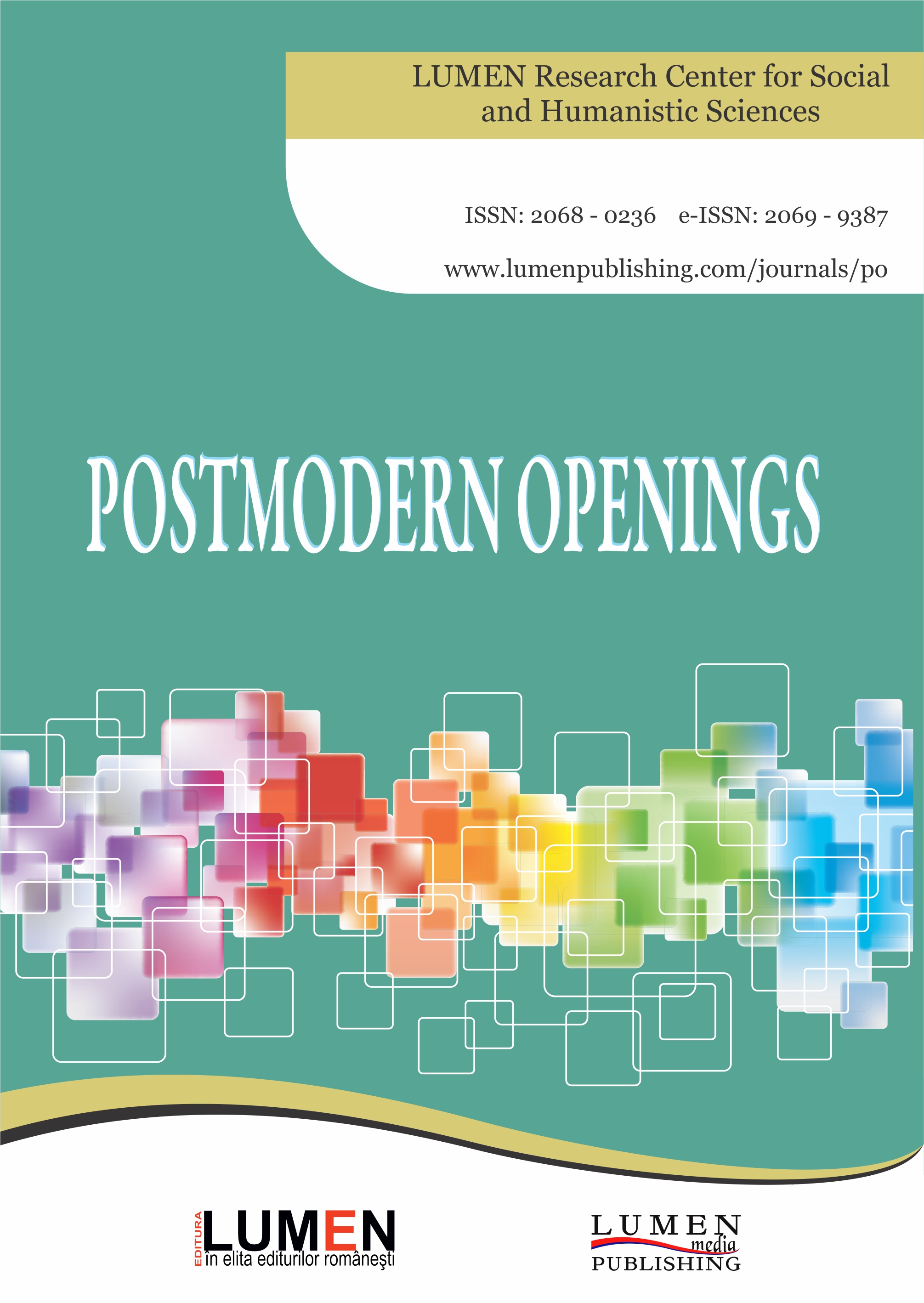European Experience of Decentralization in a Civil Society in the Postmodern Era
European Experience of Decentralization in a Civil Society in the Postmodern Era
Author(s): Nadiia Babarykina, Olga Venger, Tetiana Sergiіenko, Volodymyr Gotsuliak, Olha MarmilovaSubject(s): Social Sciences, Sociology
Published by: Editura Lumen, Asociatia Lumen
Keywords: Postmodern philosophy; rhizome; decentralization; regionalism; territorial reforms;
Summary/Abstract: In the postmodern era, European political philosophy has introduced several concepts. These concepts have ideologically prepared Western countries for decentralization reform. Being still “in process”, reflection on the proper structure of postmodern society is marked by ambiguous and often contradictory ideas. The very view on the state as a de-hierarchical, rhizomorphic and horizontal phenomenon presupposes numerous ways of reforming it. Throughout their histories, European countries have shifted from confrontations, hostilities and rivalries towards new mechanisms of fruitful relationships between civil society and state institutions. Nowadays, many aspects are influencing the elaboration and implementation of strategies on civil society development in different countries. These aspects include the following: different starting conditions; the presence or absence of basic principles of public space development; the possibility of fulfilling civic practices’ potential; the level of political participation. West European countries have managed to create a viable structure to support the development of civil society, as well as maintain a stable dialogue between it and the state. However, the process is still on: effective practices of interaction between them are being developed; conditions for more effective cooperation are being improved; new financial instruments are being created and implemented. All Central and East European countries have a common understanding of civil society as one of the most important actors in developing cooperation with the government. At the same time, they should be able to solve existing essential problems, such as low awareness about global development problems and the population’s unreadiness to meet the immediate objectives of civil society development.
Journal: Postmodern Openings
- Issue Year: 13/2022
- Issue No: 1 Sup. 1
- Page Range: 137-158
- Page Count: 22
- Language: English

